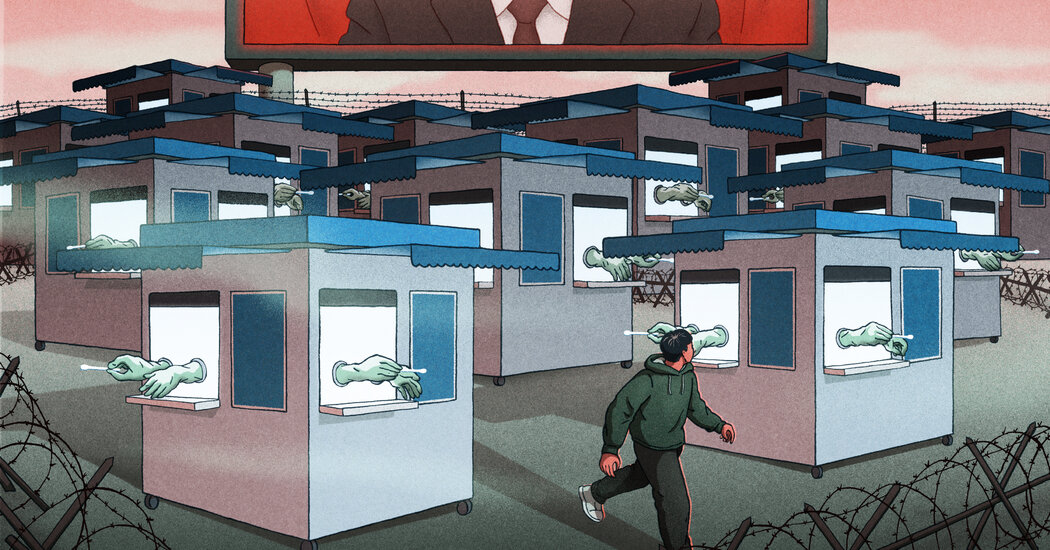She believed the government’s misinformation about the pandemic in the West, so she supported the Shanghai lockdown in April, a position she now regrets. Now that she knows better, she wants the party to apologize to “all the innocent people who died under ‘zero Covid’, people who lost their income under lockdowns and all the people who were brainwashed by the propaganda machine,” she said.
Like Ms. Zhang, most of the people I interviewed for this column want to be identified by only one name for security reasons.
In a normal society, for a policy mistake as serious as “zero Covid,” the public would demand more than an apology, said Yan, a project manager at a Beijing-based internet company. “They would have liked a new governing party. But in the Chinese context that is a different matter.”
Everyone I’ve spoken to thinks the government should apologise, but no one expects that to happen. The Communist Party can only be “great, glorious and correct,” they said, according to its own description in many official speeches. And Xi Jinping, the country’s supreme leader, has silenced almost all dissent and criticism of his leadership.
“The call for an apology is very brave, and I want it too,” Yan said. “But it’s very unlikely to happen.”
The Communist Party has never apologized to the Chinese people for the atrocities they endured during its 73 years in power. Not after more than 20 million people starved to death during the disastrous Great Leap Forward, nor when the Cultural Revolution plunged the country into a decade of chaos and economic destruction. And not for the one-child policy that mandated many forced abortions and is now fueling a demographic crisis with one of the fastest aging populations in the world.
The party even killed off a literary genre called “scar literature,” which emerged after the Cultural Revolution in the late 1970s and portrayed the suffering people endured during that political campaign. The party never wants anyone to focus too much on their scars because they would inevitably ask where the scars came from, said Xu Chenggang, a senior researcher at the Stanford Center on China’s Economic and Institutions who was persecuted during the Cultural Revolution.

